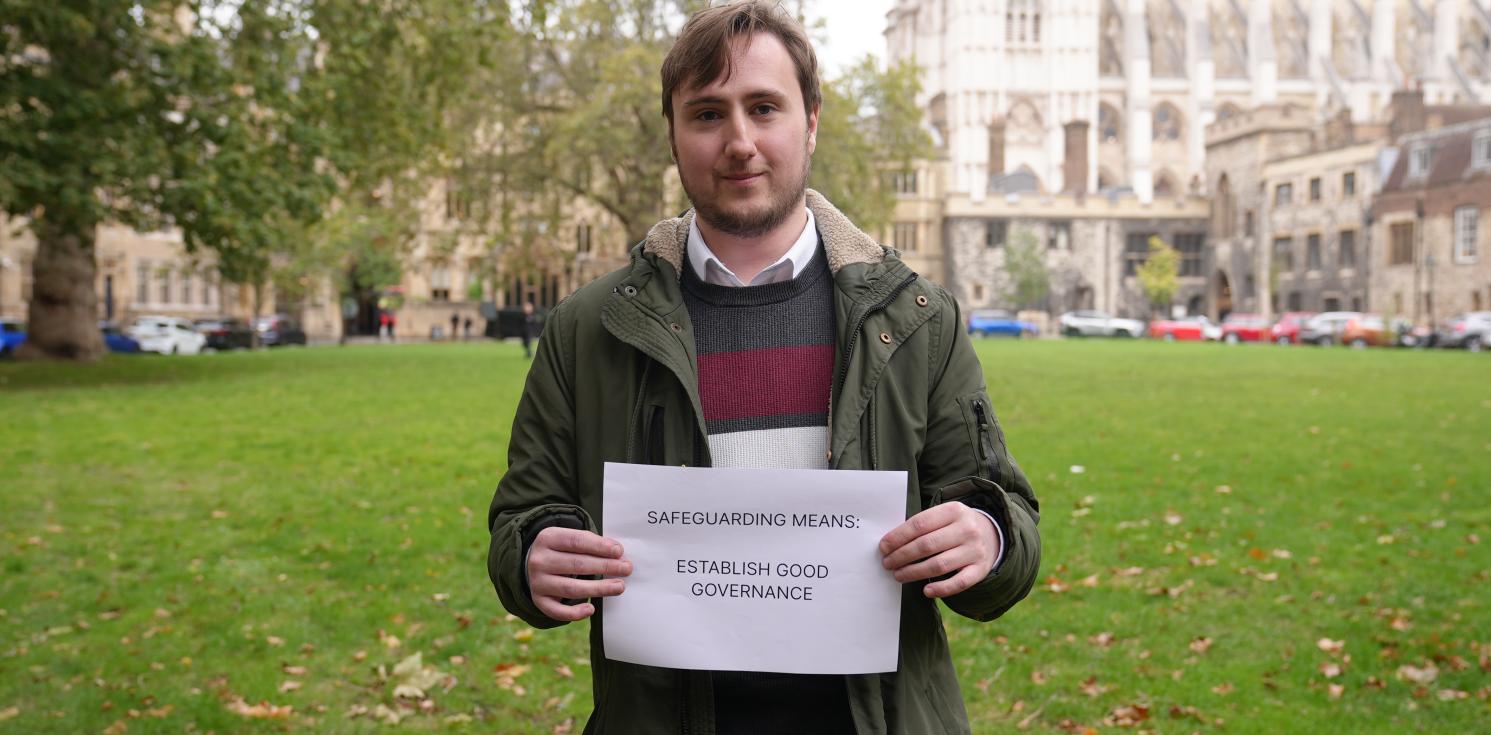Safeguarding: Establishing good governance in chaplaincies

Safeguarding Sunday took place yesterday - 19 November 2023. Over the next few weeks, we will delve into the fundamental principles of creating a safe space for all. This week, our focus centres on establishing good governance within a chaplaincy community, based on the Thirtyone:Eight ‘Culture Cube’.
Clarity and consistency
A cornerstone of good governance in chaplaincies is the clarity and consistency of procedures and expectations. It is essential to have well-defined guidelines and policies that are easily understandable by everyone within the congregation. Clear communication ensures that both leaders and members are aware of their roles and responsibilities, fostering a sense of accountability and trust.
Distinguishing obligations from requests
In any community setting, distinguishing between demands and requests is crucial. The chaplaincy leadership team should be mindful of their language and behaviour, ensuring that requests are communicated respectfully without exerting undue pressure or control. Recognising the difference between a genuine request and an obligation allows for a more open and supportive atmosphere within the chaplaincy community.
Seeking impartial external advice
Complex situations can arise within chaplaincies, that need careful consideration and unbiased perspectives. Involved parties should not hesitate to seek impartial advice from external sources, such as diocesan staff, the safeguarding team or other counsel. External advice can provide valuable insights, helping the chaplaincy community make well-informed decisions in challenging circumstances.
Avoiding rigid and controlling behaviours
The chaplaincy leadership team play a vital role in shaping the chaplaincies atmosphere. It is essential for them to behave in a way that is inclusive, empathetic, and open-minded. Rigid or controlling attitudes can create an environment of mistrust, deterring individuals from seeking help when needed. Encouraging open dialogue, active listening, and understanding fosters an atmosphere where chaplaincy members feel safe to express their concerns and seek support.
Fostering a culture of freedom and genuine choices
This involves respecting personal boundaries, empowering individuals to voice their opinions, and ensuring that decisions made collectively reflect the diverse needs and perspectives of the chaplaincy members. Fostering a culture of freedom encourages a sense of ownership and belonging among chaplaincy members, promoting a supportive environment where everyone feels valued and protected.
For more information on Safeguarding in the Diocese in Europe, visit the safeguarding webpage.


